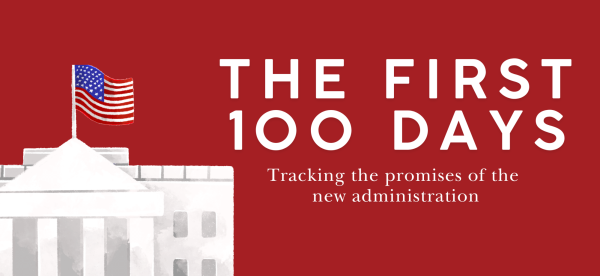President Donald Trump is preparing to fulfill another of his many campaign promises by making significant changes to the Department of Education. Trump is reportedly finalizing an executive action that will cut the department’s legally unprotected programs and urge Congress to abolish the department altogether. However, when the question of dismantling the department was brought to a vote in the U.S. House of Representatives in 2023, 60 Republicans joined Democrats to protect the agency, making it unclear how successful Trump’s plea to Congress will be.
Despite Trump’s claim that cutting the Department of Education will “end education coming out of Washington, D.C.,” this was simply not the case to begin with. The department does not dictate the curricula taught in schools; it is mostly responsible for allocating funds to programs such as Title I funding for low-income schools and Federal Student Aid. It remains unclear where the responsibility for managing these funds will fall if Congress decides to abolish the Department of Education.
The Heritage Foundation’s Project 2025 is one possible framework the Trump administration and Republican legislators could follow after the dismantling of the Department of Education. Although the president has tried to distance himself from the policies, Project 2025 echoes Trump’s belief that the department impedes parental choice in education and that the department’s funds should be given to the states to allocate themselves. Giving individual states control over the usage of funds would jeopardize the jobs of 180,300 teachers and threaten access to resources for low-income schools, according to the Center for American Progress.
Although Congress is currently unlikely to close the department, the discussion surrounding the possibility is concerning. The department ensures that all children have access to an education with teachers who have adequate resources to do their jobs. Removing federal jurisdiction over Title I funding risks increasing inequality among school districts and would remove protections for marginalized students. Dismantling the department would be detrimental to education equality and exacerbate the disparities in resources and facilities between low-income and wealthy schools. Thus, Congress must deny the president’s request to do so.















































